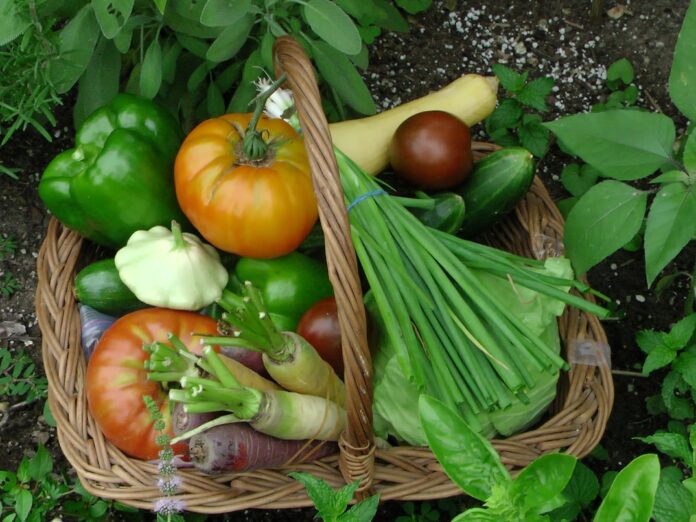Gardening is more than just a hobby—it’s a rewarding practice that can nourish your body, mind, and soul. Whether you’re growing flowers, herbs, fruits, or vegetables, creating a healthy garden requires attention, patience, and a few smart strategies. Here are some essential tips to help you cultivate a thriving and vibrant garden.
1. Start with Healthy Soil
Soil is the foundation of any garden. Test your soil’s pH and nutrient levels using a soil testing kit or by sending a sample to your local extension office. Based on the results, amend your soil with organic matter like compost, aged manure, or peat moss. Good soil retains moisture, drains well, and is rich in nutrients.
2. Choose the Right Plants
Select plants that are suited to your climate, sunlight exposure, and soil conditions. Native plants are often more resilient and require less maintenance. Pay attention to plant labels and research what grows best in your region’s hardiness zone.
3. Water Wisely
Overwatering can be just as harmful as underwatering. Water deeply and less frequently to encourage deep root growth. Early morning is the best time to water, reducing evaporation and allowing foliage to dry, which helps prevent disease.
4. Practice Companion Planting
Companion planting involves placing plants together that benefit each other. For example, planting basil near tomatoes can improve flavor and deter pests. Marigolds are great companions for many vegetables because they repel harmful insects.
5. Keep Pests in Check Naturally
Encourage beneficial insects like ladybugs, lacewings, and bees, which prey on pests and pollinate your plants. Avoid harsh chemical pesticides and opt for natural solutions such as neem oil, insecticidal soap, or homemade garlic sprays.
6. Mulch for Moisture and Weed Control
A layer of mulch (wood chips, straw, or shredded leaves) helps retain soil moisture, suppress weeds, and regulate soil temperature. Organic mulch also decomposes over time, enriching the soil.
7. Prune and Deadhead Regularly
Remove dead or diseased plant parts to promote air circulation and reduce the risk of fungal infections. Deadheading—removing spent flowers—encourages plants to produce more blooms.
8. Rotate Your Crops
In vegetable gardens, rotating crops each season helps prevent soil depletion and reduces the buildup of pests and diseases specific to certain plants.
9. Feed Your Garden
Even with good soil, your plants may need a boost. Use organic fertilizers like compost tea, fish emulsion, or seaweed extract to provide essential nutrients without harming soil life.
10. Be Observant and Patient
Spend time in your garden every day. Observe plant health, watch for signs of stress or disease, and adjust your care routine as needed. Gardening is a continuous learning process.
By following these tips and staying attuned to your garden’s unique needs, you’ll not only create a healthy and beautiful space, but you’ll also develop a deeper connection with nature. Happy gardening!



